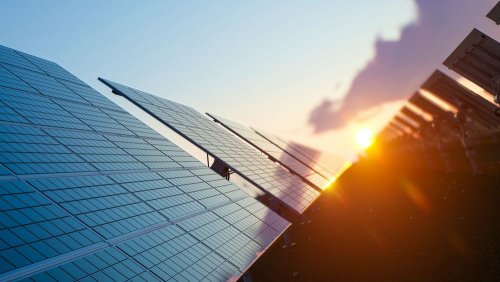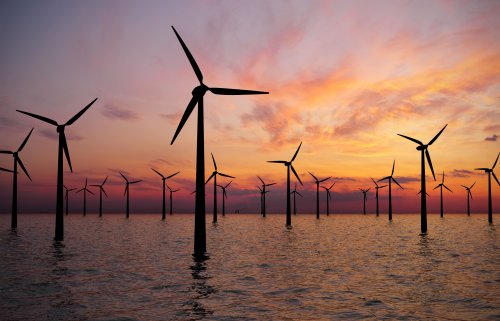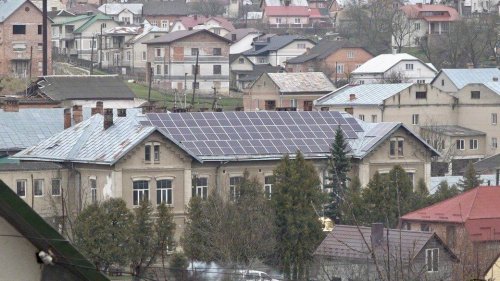In the EU during May-August 2022 solar generation increased by 28%, which made it possible to save 20 billion m3 of gas, the import of which would cost €29 billion.
In the peak summer months, solar energy generated a record 12% of the block's total electricity, compared to 9% in the summer of 2021, reports Carbon Brief.
The article noted that many EU countries have already increased their targets for the use of renewable energy sources after the sharp rise in gas prices and russia's invasion of Ukraine, to replace expensive gas imports.
The success of solar power could help the bloc emerge from its energy and climate crisis. And SPPs can play a much bigger role in the energy mix of Europe in the future.
"Currently, Europe is experiencing an energy crisis of unprecedented scale. Russia's fossil fuel supply cuts are pushing electricity prices to record highs, with added stress from an idle nuclear reactor in France and a drought affecting hydropower production in many European countries," the report said.
In the summer of 2022, solar generated a record high level of generation that puts it on par with wind and ahead of hydro, though still four percentage points behind coal.
In addition, solar energy is developing very quickly.
The authors highlighted that there is a steady increase in installed solar capacity in the EU by 15% compared to last year – from 104 GW in 2018 to 162 GW in 2021. The summer 2022 solar generation spike shows that stored capacity is paying off.
The Netherlands produced almost a quarter of its electricity with solar energy (23%), the highest share in the EU. Germany (19%) and Spain (17%) also have high indicators.
The development of solar energy is influenced not only by the quality of light, but also by effective policies, including a combination of financial incentives and government initiatives. After all, both southern and northern European countries, such as the Netherlands, are expanding solar generation.
The material noted that the fastest growth of solar generation since 2018 was observed in Poland. The country has increased solar production 26-fold – albeit from a low base – as a result of a boom in household rooftop solar, fueled by subsidies for solar power and rising prices for coal and gas-fired electricity.
According to Google Trends, search terms related to solar panels reached record levels in the summer of 2022 in major economies such as Germany, the UK, France and Spain. Consumers are trying to reduce their electricity bills at the expense of SPP.
"With the International Energy Agency announcing that solar energy in the right places now offers the cheapest electricity in history, its rapid growth looks set to continue," the article added.
Earlier, EcoPolitic wrote, that the largest solar power plant in Europe Francisco Pizarro with a capacity of 590 MW is launched in Spain.
As EcoPolitic reported earlier, in 2021 to the world carbon emissions from the production of solar panels accounted for 0.15% of global energy emissions (52 thousand kt), and increased 4 times during the decade.






